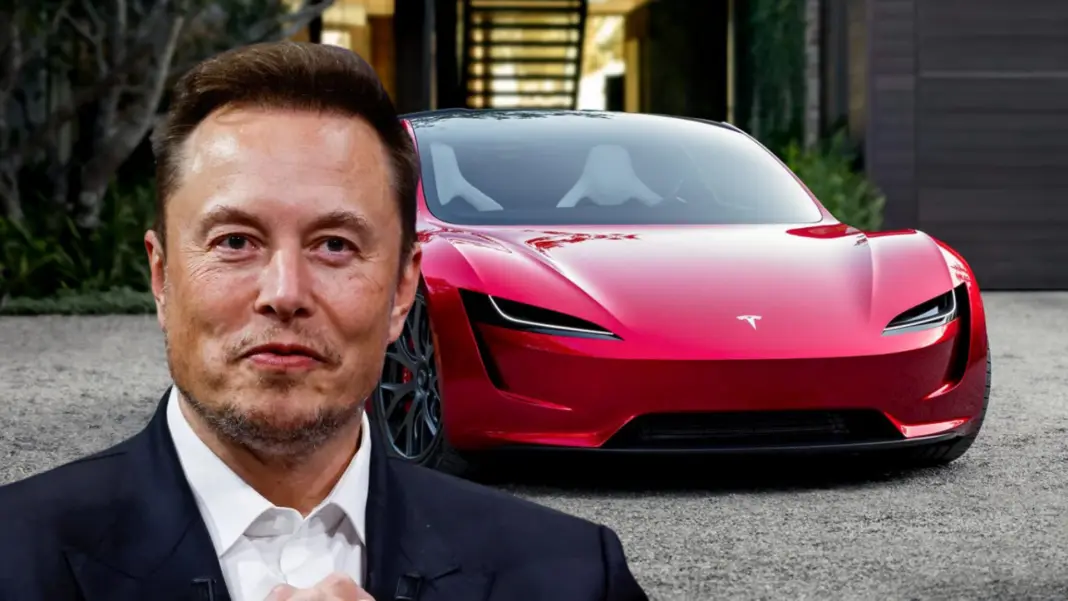
Tesla declines India’s EV manufacturing incentives, opting for showrooms instead
Tesla, the world’s leading electric vehicle manufacturer (EV Giant), has officially ruled out setting up a production facility in India, according to Union Heavy Industries Minister H.D. Kumaraswamy. Despite India’s new EV policy, which offers reduced import duties and incentives for global automakers, Tesla has chosen to focus solely on opening showrooms rather than investing in local manufacturing. This decision has sparked debates on India’s EV market potential, Tesla’s global strategy, and the future of electric mobility in the country.
India EV Policy and Tesla’s Response
India introduced a new EV policy earlier this year, aiming to attract foreign automakers by offering import tax reductions for companies willing to set up local production. Under this scheme:
- Companies investing $486 million (₹4,000 crore) in India can import a limited number of EVs at a lower 15% import duty, compared to the current 70% duty.
- Manufacturers must begin production within three years and meet local sourcing requirements to qualify for tax benefits.
Despite these incentives, Tesla has declined to participate, citing high operational costs and regulatory hurdles. Instead, the company plans to open showrooms and sell imported vehicles, limiting its ability to compete with domestic EV giants like Tata Motors and Mahindra & Mahindra.
Why Tesla Is Holding Back
Several factors contribute to Tesla’s hesitation in entering India’s manufacturing sector:
- High Import Duties: Even with the revised EV policy, Tesla’s imported vehicles would still face significant taxation, making them less competitive in India’s price-sensitive market.
- Infrastructure Challenges: India’s charging network and battery supply chain are still developing, posing logistical hurdles for Tesla’s expansion.
- Market Dynamics: The majority of Indian car buyers prefer affordable EVs, whereas Tesla’s Model 3 and Model Y fall into the luxury segment, limiting their appeal.
- Regulatory Uncertainty: Tesla has previously criticized India’s policies, calling them restrictive and unfavorable for foreign automakers.
Global Automakers Eye India
While Tesla remains hesitant, other global automakers are exploring opportunities in India’s EV market:
- Mercedes-Benz and Volkswagen have expressed interest in local production, leveraging India’s new EV policy.
- Hyundai and Kia are actively considering investments, aiming to expand their EV lineup in India.
Conclusion
Tesla’s decision to bypass local manufacturing in India raises critical questions about the country’s EV market readiness and foreign investment policies. While India continues to push for EV adoption, Tesla’s absence from production could shift focus to other global players willing to invest in local manufacturing.
Also read – Tata Harrier EV Set to Launch on June 3 vs Rivals
2 thoughts on “Tesla Snubs India: EV Giant Opts for Showrooms Over Local Manufacturing”